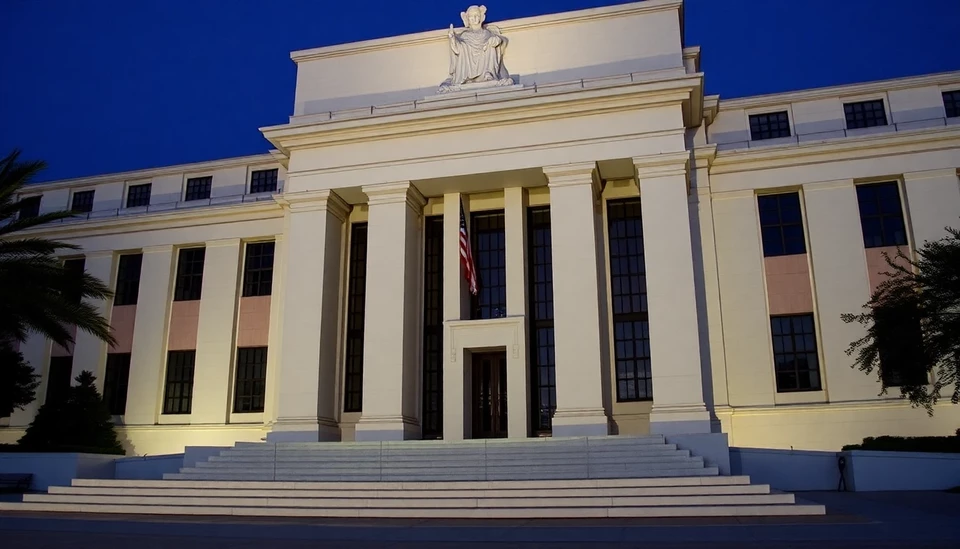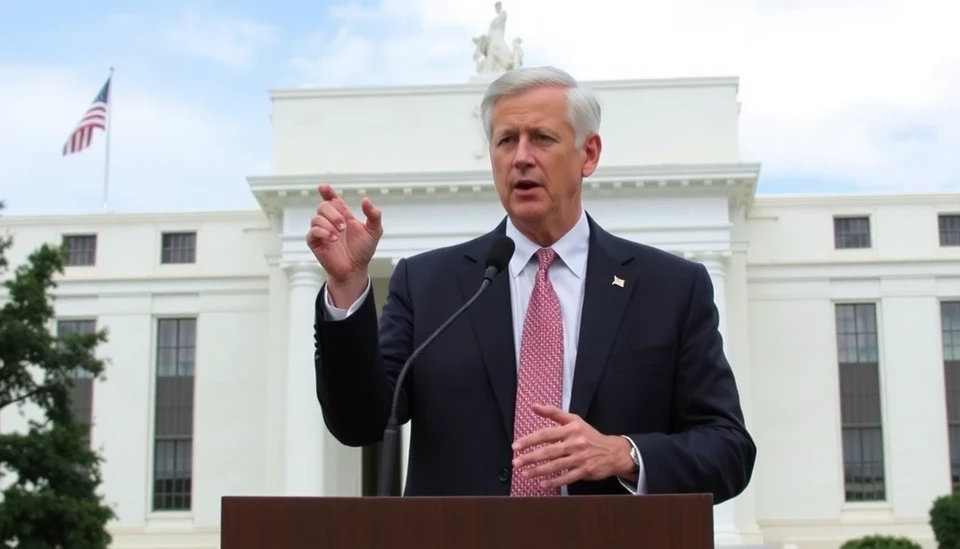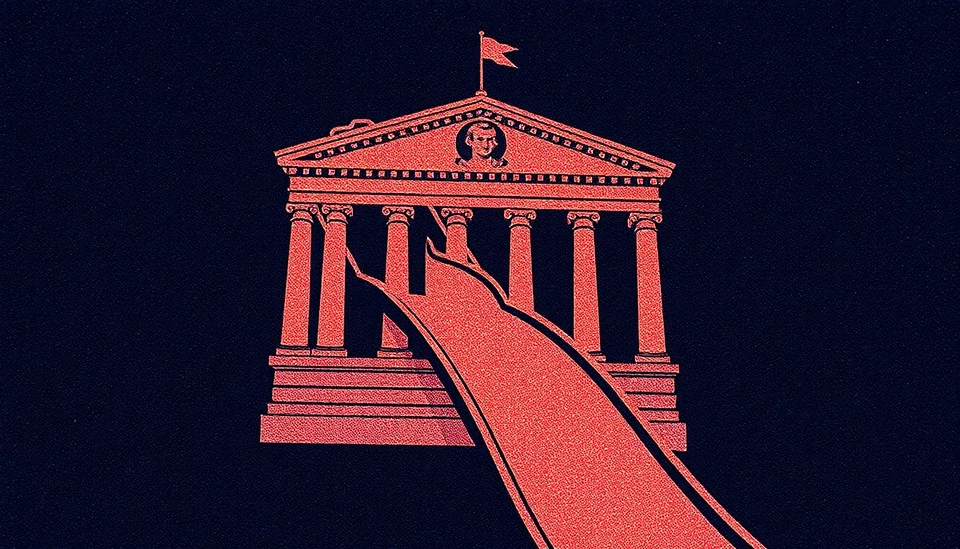
In recent remarks, Federal Reserve official Roberto Musalem emphasized the significance of inflation expectations in determining the future direction of monetary policy. With the Central Bank tasked with the dual mandate of fostering maximum employment and price stability, Musalem pointed out that the potential conflict between these two goals could significantly impact economic outcomes.
Musalem's comments come against a backdrop of fluctuating inflation rates and evolving labor market dynamics. With inflation continuing to be a central theme in economic discussions, the Fed is meticulously examining various indicators, including consumer expectations and trends in wages, to gauge how the public is viewing inflation and its trajectory.
Central to Musalem’s argument is the notion that when the public perceives inflation as becoming entrenched, it may lead to a self-fulfilling prophecy, which can compel the Fed to respond more aggressively. He noted, “If inflation expectations start to move higher, we will have to react to ensure that price stability does not erode our hard-earned economic progress.”
Moreover, the official acknowledged that the interplay between inflation expectations and labor market conditions is particularly complex. A tightening labor market has spurred concerns that sustained wage growth could further elevate inflation levels. Musalem reiterated that while it is essential to foster job growth, the Fed must also remain vigilant to ensure that its policies do not inadvertently exacerbate inflation issues.
As the economy continues its recovery from the pandemic's impacts, the Fed faces the challenging task of navigating between these two important objectives. Analysts are closely monitoring communication from the Fed as they seek clarity on how Musalem and others perceive the balance between fostering employment and controlling inflation. The outcomes of these discussions could have profound implications for monetary policy going forward and financial markets globally.
Investors and economists alike will be keen to see how the Fed balances its commitment to its dual mandate amidst these ongoing challenges. The importance of managing inflation expectations may dictate the Central Bank's approach in the coming months as it looks to sustain economic stability without triggering an adverse inflationary cycle.
As Musalem and his colleagues prepare for upcoming meetings, the broader economic consensus will hinge on whether inflation remains manageable or if more aggressive policy actions are required to stem rising costs. With inflation and employment intrinsically linked in the conversation, the Fed's communication strategy will play a pivotal role in shaping market sentiment and the economic landscape.
In conclusion, as the landscape evolves, Musalem's insights reinforce the complex relationship between inflation expectations and the Fed’s dual mandate, emphasizing the need for careful consideration and responsiveness to emerging economic indicators.
#Inflation #FederalReserve #MonetaryPolicy #EconomicStability #RobertoMusalem
Author: Laura Mitchell




